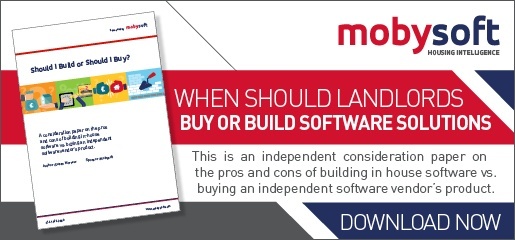Technology and the internet are changing how people all over the world live their lives and one device in particular, supported by the web, the mobile phone, is revolutionising lives.
The World Bank says that 75% of people on the planet have access to a mobile phone of one kind or another, with more than 6 billion mobile subscriptions active today. Of which five billion of those subscriptions are in developing countries and there is a plethora of ways it is transforming communities across the globe:
Payments – mobiles enable instant digital transactions that are often cheaper than paying with cash ideal for those people that don’t have immediate access to banks and bank accounts.
Health & Education – mobile health or ‘mHealth’ has become a way to connect people in remote areas with relevant healthcare professionals helping speed up and improve the healthcare service.
Information and Emergencies – By reducing communication costs and making information ‘immediate’ people in remote areas can respond more quickly to natural disasters, conflicts and disease outbreaks.
So, technology is changing the developing world, what about the developed world, and in particular housing? Well there’s a huge drive towards ‘digital inclusion’ by social landlords, but how effective can it be? Personally, I believe it can be game changing, tenants that have access to smart phones have access to the internet and therefore they can self-serve, however there’s a ‘BUT’. In Lloyds Bank’s recent ‘UK Consumer Digital Index 2016’ it reported that 13.1 million people in the UK (circa one person in every five) has low financial capability. It also found that 11.1 million people have low digital capability. The report went on to state that 3.2 million people in the UK have both low digital and financial capabilities.
But, why does low digital capability matter? Well Lloyds’ report also highlights that low-income consumers can save on average £516 a year by shopping and being online. But it is not just the savings, soon if they are on Universal Credit, they will have to apply and manage their claims online.
Other services that impact greatly on housing and tenants’ cost of living also need to be more efficient and technology can help take a lead. An example of this is the Government initiative for smart electric meters being rolled out by 2020. Smart metering can help people save money on their utility bills, which will conserve energy and emissions, and in turn it could help reduce the amount of oil and gas we import, in turn helping the exchequer.
And housing? Well it can change your tenants’ lives for the better. But being on the front line arguably means that it is your services that will be stretched the most in providing support and training to help people become ‘digitally skilled’. But then again perhaps social landlords will also benefit greatly. For example, the cost per transaction online is a few pence, but over the phone, in a call centre, it costs around £15. Imagine how much you could save if tenants paid online, because when Universal Credit is rolled out most landlords will have around 60% of their tenants paying them directly.
So in the UK there is a digital divide, but landlords can be central to breaking down this divide, saving their tenants money and saving themselves money. So moving forward technology enablement and digital inclusion, driven by mobiles and the internet, should be central to all policies. After all, the internet and mobile phones are changing the world around us.

